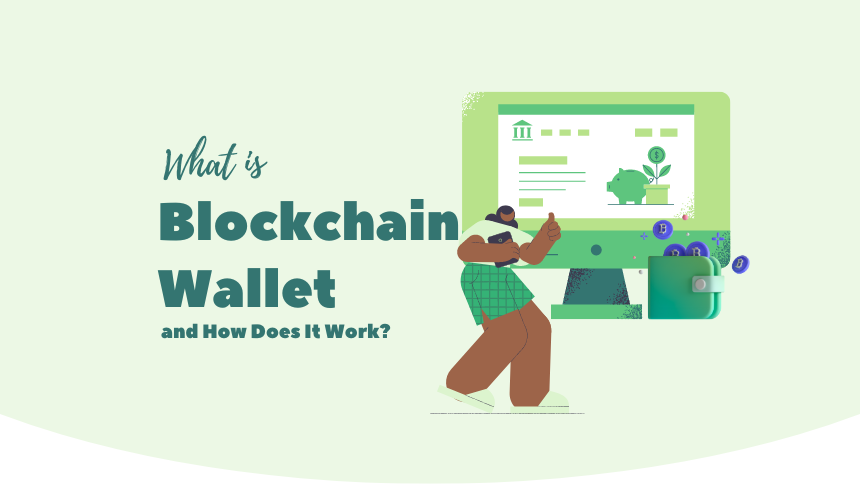Blockchain wallets, are the cornerstone of modern digital finance. In this article, we delve into the intricacies of blockchain wallets, unraveling their functionality and exploring how they work to facilitate seamless transactions within the realm of cryptocurrencies.
What is a Blockchain Wallet?
A blockchain wallet, often referred to simply as a “crypto wallet,” is a digital tool that allows users to securely store, send, and receive cryptocurrencies such as Bitcoin, Ethereum, and many others. Unlike traditional wallets that hold physical currency, blockchain wallets operate on decentralized networks known as blockchains. These networks utilize cryptographic principles to ensure the security and integrity of transactions.
How Does a Blockchain Wallet Work?
At its core, a blockchain wallet functions much like a traditional bank account, albeit with some fundamental differences. When a user creates a blockchain wallet, they are provided with a unique set of cryptographic keys: a public key and a private key.
- Public Key: This key serves as the user’s address on the blockchain network. It is freely shareable and allows others to send cryptocurrencies to the wallet.
- Private Key: The private key is akin to a password and must be kept confidential. It is used to access and manage the funds stored in the wallet. Losing the private key can lead to irreversible loss of funds, highlighting the importance of securely storing it.
These wallets utilize a combination of encryption techniques to ensure the security of transactions. When a user initiates a transaction, it is broadcasted to the blockchain network and verified by a process known as mining. Once validated, the transaction is added to a block, which is then appended to the blockchain. The use of cryptographic hashes ensures that each block is linked to the previous one, creating an immutable record of transactions.

Types of Blockchain Wallets:
Blockchain wallets come in various forms, each offering unique features and levels of security. The main types include:
- Software Wallets: These wallets are applications or software programs that run on devices such as smartphones, computers, or tablets. They offer convenience and accessibility, making them ideal for everyday use.
- Hardware Wallets: Hardware wallets are physical devices that store the user’s private keys offline, offering an extra layer of security against hacking and malware attacks. They are considered one of the safest options for storing large amounts of cryptocurrency.
- Paper Wallets: A paper wallet is a physical document that contains the user’s public and private keys in the form of QR codes or strings of text. While paper wallets are immune to cyberattacks, they are susceptible to physical damage or loss.
- Web Wallets: Web wallets are hosted on online platforms and can be accessed through web browsers. While convenient, they are inherently less secure than other types of wallets due to the risk of hacking and phishing attacks.
Importance of Blockchain Wallet Projects:
Blockchain wallet projects play a crucial role in driving innovation and adoption within the cryptocurrency ecosystem. These projects continuously strive to enhance the security, usability, and functionality of blockchain wallets, thereby empowering users to participate in the digital economy with confidence.
Some notable blockchain wallet projects include:
- Ledger Nano S: A popular hardware wallet known for its robust security features and user-friendly interface.
- Trezor: Another leading hardware wallet brand renowned for its emphasis on security and privacy.
- MetaMask: A widely used software wallet that integrates seamlessly with web browsers, allowing users to interact with decentralized applications (DApps) on the Ethereum blockchain.
- Trust Wallet: Acquired by Binance, Trust Wallet is a mobile wallet that supports a wide range of cryptocurrencies and provides users with full control over their funds.
Conclusion:
In conclusion, blockchain wallets serve as the gateway to the world of cryptocurrencies, enabling users to securely store, send, and receive digital assets. By leveraging cryptographic principles and decentralized networks, these wallets offer unprecedented levels of security and autonomy. As the cryptocurrency landscape continues to evolve, blockchain wallet projects will undoubtedly play a pivotal role in shaping the future of finance in India and beyond.
